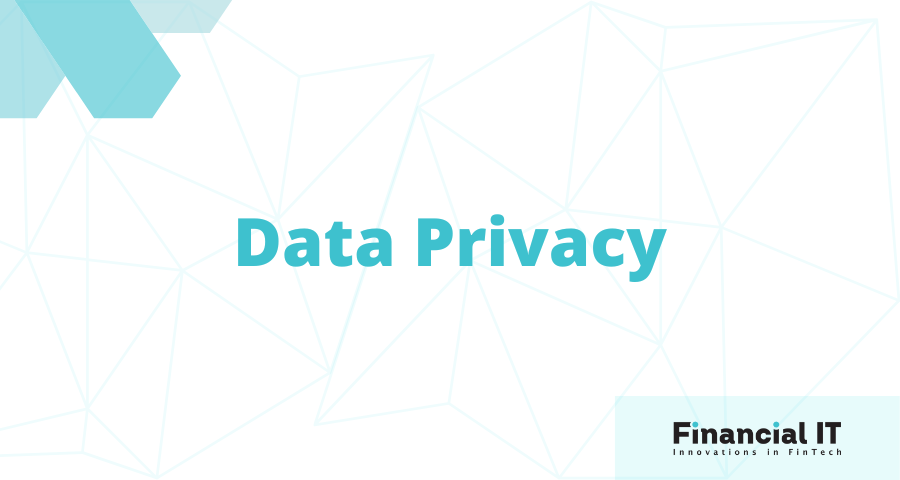FinBox Launches AI-Powered Cluster Transaction...
- 09.12.2025 01:15 pm
Revolut Launches ‘Street Mode’ to Keep Customer Funds...
- 02.12.2025 10:30 am
78% of Financial Firms Still Unprepared for New UK...
- 01.12.2025 08:00 am
Staying Ahead of Cyber Threats: Mastercard Survey...
- 27.11.2025 09:15 am
MoonPay Earns ISO 27701 Certification
- 19.11.2025 02:45 pm
New Analysis from Experian and Cifas Reveal the Latest...
- 18.11.2025 01:35 pm
TSB Warns of Spike in Purchase Fraud Ahead of Festive...
- 06.11.2025 06:50 am
Ant International Unveils AI Shield To Enhance...
- 26.09.2025 10:20 am
Account Takeover Attacks Surge 122% in Fintech as...
- 19.09.2025 04:05 pm
Hidden Threats, Local Impact: New Industry Survey...
- 16.09.2025 09:55 am
SDK.finance Achieves ISO 27001:2022 Certification,...
- 21.08.2025 02:05 pm
Bluefin Announces Strategic Partnership With Cassa...
- 06.08.2025 02:35 pm






















